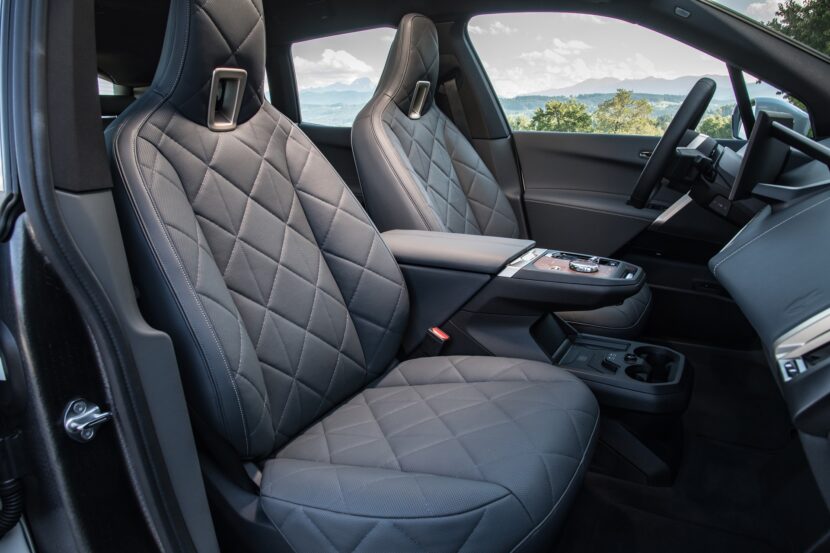BMW announced today that it is joining the Leather Working Group, thus becoming the second car manufacturer to make this move, in an effort to improve its sustainability efforts. The non-profit, multi-stakeholder organization’s mission is to establish global consistency in environmental and social standards for the leather supply chain, as well as to certify manufacturers. From tanneries to leather-processing businesses and organizations to retailers and consumers, the Leather Working Group represents around a fifth of the world’s leather producers.
“As a leader in supply chain sustainability, joining the Leather Working Group is the next logical step for us,” says Nadine Philipp, BMW Group’s head of Sustainability in the Supply Chain, Energy. “Leather is still in demand from our customers – depending on the model and region – and is very important in the premium segment. That is why supporting sustainable production and processing of leather at our suppliers is a priority for us. At the same time, we still want all our customers worldwide to be able to choose the optimal product, so we also offer leather-free vehicle equipment options,” she added.
Joining the Leather Working Group is yet just another step in the right direction for BMW. The company announced, several years back, that it plans to cut its resource spending and become more sustainable down the line. One of BMW’s goals is to create the most sustainable supply chain across the entire automotive industry and sourcing leather form certified facilities is considered a move towards that end.
As a matter of fact, BMW is already using leather from a certified provider in the BMW iX, leather that is tanned using an eco-friendly method based on olive leaf extract. Of course, alternatives are also available. On the iX and other BMW models you can choose leather-free alternatives, including textile options, Alcantara or Sensatec. Other choices are on BMW’s radar and are being evaluated right now. From Deserttex, a material made of cactus fibers, to Mirum, a full recyclable material developed by Natural Fiber Welding made of plants.


















































